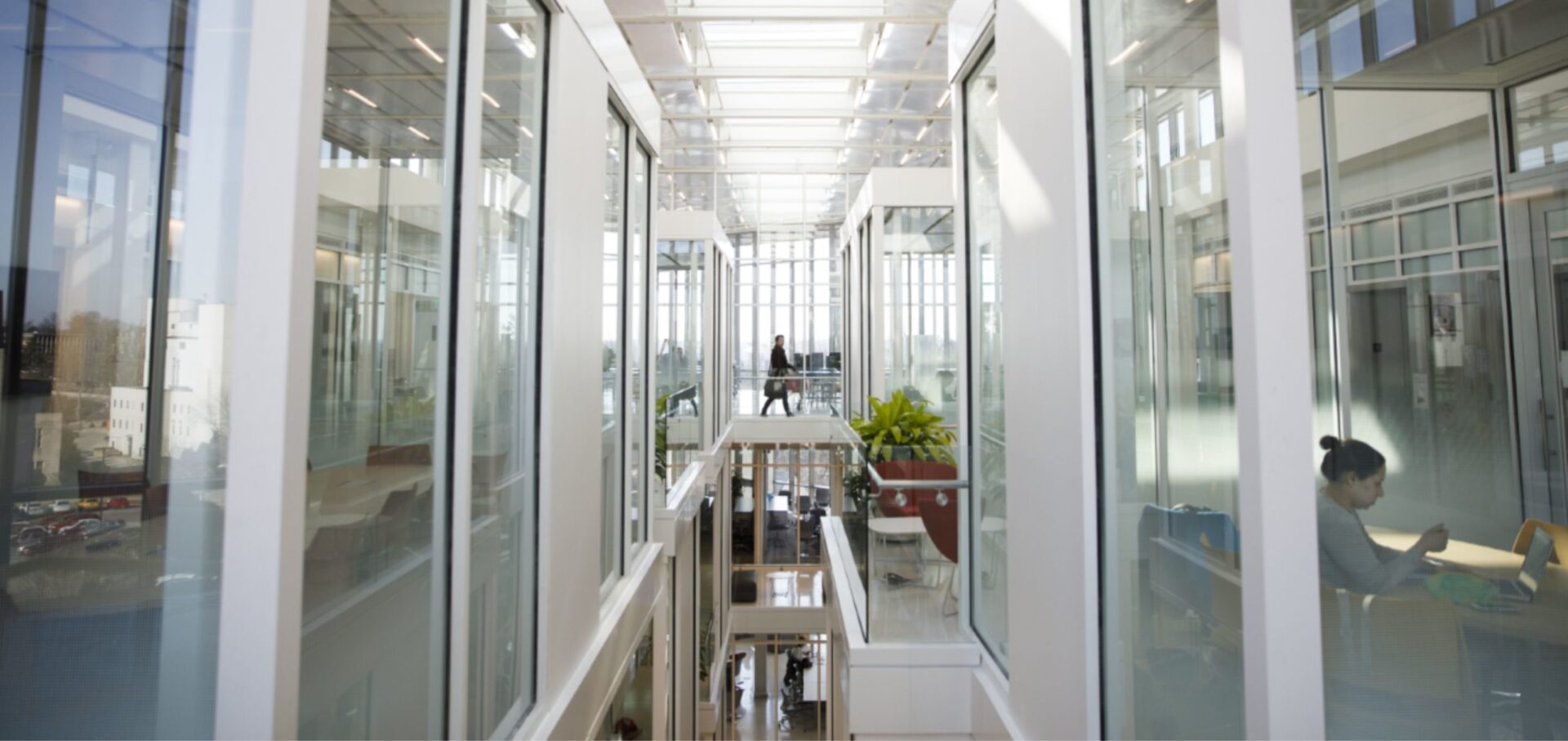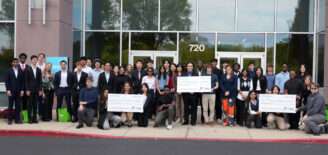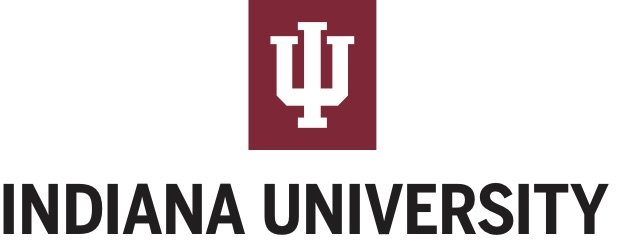Beyond the obvious – Luddy School pushes innovation and opportunity
“We can be nimble,” says Joanna Millunchick, the Luddy School dean and a professor of intelligence systems engineering. “We can do things in ways that are needed rather than the way they’ve always been. We can be more responsive to what is happening around us.”
Convention has no place for Millunchick, who arrived in July 2022 seeking to approach problems and find solutions in innovative ways. Her timing couldn’t have been better. Within six months, the university announced new vision for 21st Century educational impact and renamed the IU School of Informatics and Computing in Indianapolis to the IU Luddy School of Informatics, Computing and Engineering to align with the Bloomington campus.
“We have an opportunity to create a different narrative in how we approach problems, how we train students to solve those problems and how we contribute to society,” Millunchick says.
The U.S. Bureau of Labor Statistics projects a 15 percent growth in computer and informational tech jobs in the next 10 years. With demand for tech jobs already exceeding supply, the expected growth placed an even greater emphasis on the need to develop new workers.
With its expertise in preparing students for successful IT careers, the Luddy School is positioned to lead the way, and is building its degrees to develop students with the skills to meet the needs of employers in Indianapolis, southern Indiana and beyond. The school’s four departments offer five undergraduate degrees, nine master’s degrees, four doctoral degrees and many certificates, minors, specializations and more.
Each discipline adds a different value. Informatics students are wholistic, disciplined and better grounded in the subject-matter expertise with the application of technology. This includes subfields such as bioinformatics, health informatics, and human-centered computing.
Computer Science students excel as programmers or technical developers.
Engineering students are well versed in the physical interaction of technology and physical devices. Data Science students provide expertise in statistics, data and analysis, and management of data. Information and Library Science students are good at curating data and making it more easily digestible. Media Arts and Science students enter the workforce ready to shape the fast-changing digital media landscape.
“We want to help people understand we offer a whole menu of technical services and programs,” says Travis Brown, senior executive assistant dean of innovation, entrepreneurship and commercialization. “We want our partners to understand there are different ways to engage the school and different students who serve different purposes.”
Expanding that engagement starts with socio-technology, the fusing of social and technological aspects in problem solving. While Millunchick finds the industry term “too stodgy,” its purpose is clear: to prepare Luddy graduates for tech-driven challenges now and in the future.
Millunchick says the Luddy School offers a unique combination of social and technological instruction.
“Because of Indiana University’s focus on humanities, our questions are different, and our solutions are much more people centered,” she says.
Millunchick says it’s crucial that the Luddy School engages with industry, government and the community. She envisions partnering with the community so the Luddy School understands is needed from students, and the community knows what students’ capabilities.
A key component is Applied Leadership Industry Government Networking (ALIGN.) Launched by the Luddy School and led by Brown, ALIGN is designed to show the Luddy School is well equipped to serve society, industry, government agencies and the community by producing a tech savvy, socially adept work force.
“We want to help our partners understand how they can better engage with us,” Brown says.
Luddy wants students to work with real hands-on problems while they’re still learning in the classroom. It offers several opportunities for students to work with industry and believes industry wants more opportunities to work with our students.
The school builds educational programs that respond to immediate needs and to future ones, to ensure Luddy “students change with the times.”
Having campuses in Bloomington and Indianapolis expands the possibilities of serving the economic and educational needs of central and southern Indiana, and beyond.
“This is our moment to seize these opportunities and do technological, scientific and engineering discoveries in a completely different way,” Millunchick says. “We need to see beyond the obvious and recognize not just what’s there, but what could be.”




